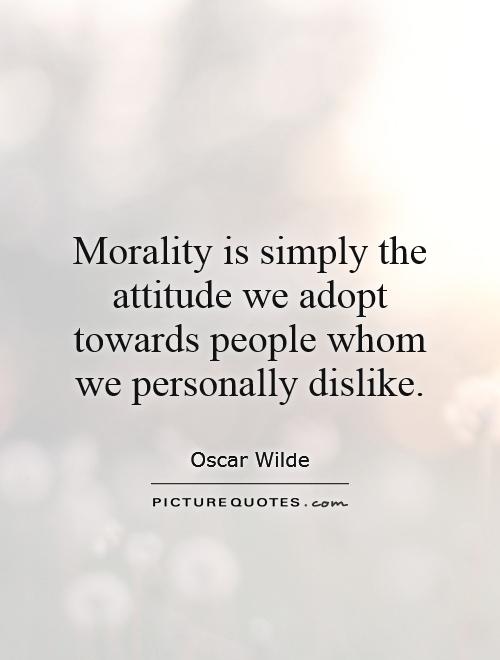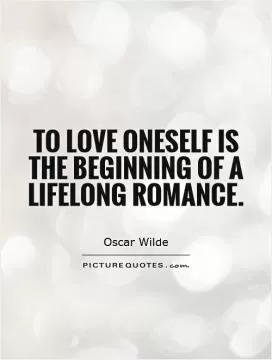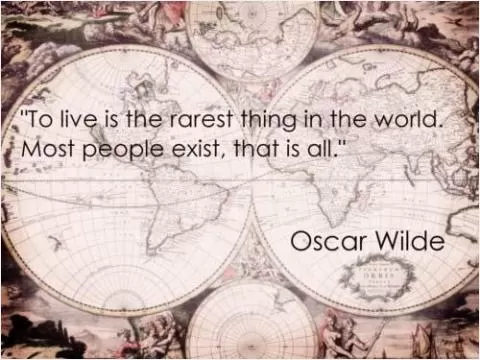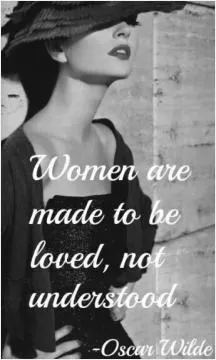Morality is simply the attitude we adopt towards people whom we personally dislike

Morality is simply the attitude we adopt towards people whom we personally dislike
Oscar Wilde, the renowned Irish playwright, poet, and author, was known for his wit, humor, and sharp observations on society. One of his most famous quotes, "Morality is simply the attitude we adopt towards people whom we personally dislike," encapsulates his unique perspective on human behavior and ethics.Wilde was a master of satire and irony, often using his works to critique the hypocrisy and double standards of Victorian society. In this quote, he suggests that morality is not an absolute concept, but rather a subjective judgment that is influenced by personal biases and prejudices. According to Wilde, our moral judgments are often shaped by our feelings towards others, particularly those whom we dislike or disagree with.
This idea challenges the traditional view of morality as a set of universal principles that apply to all individuals regardless of personal feelings. Wilde's statement implies that our moral values are not fixed or objective, but rather fluid and contingent on our relationships with others. In other words, our attitudes towards people we dislike can influence how we perceive their actions and behavior, leading us to make moral judgments based on personal biases rather than objective standards.
Wilde's quote also raises questions about the nature of morality and the role of empathy in ethical decision-making. If our moral judgments are influenced by our personal feelings towards others, does this mean that morality is inherently subjective and relative? Can we truly be objective and impartial in our moral assessments, or are we always influenced by our emotions and prejudices?
Wilde's provocative statement challenges us to reconsider our understanding of morality and the factors that shape our ethical beliefs. By highlighting the role of personal attitudes in moral judgment, he invites us to reflect on the complexities of human nature and the ways in which our relationships with others can influence our moral values. Ultimately, Wilde's quote reminds us that morality is not a fixed or absolute concept, but rather a dynamic and nuanced aspect of human behavior that is shaped by our personal experiences and interactions with others.












 Friendship Quotes
Friendship Quotes Love Quotes
Love Quotes Life Quotes
Life Quotes Funny Quotes
Funny Quotes Motivational Quotes
Motivational Quotes Inspirational Quotes
Inspirational Quotes